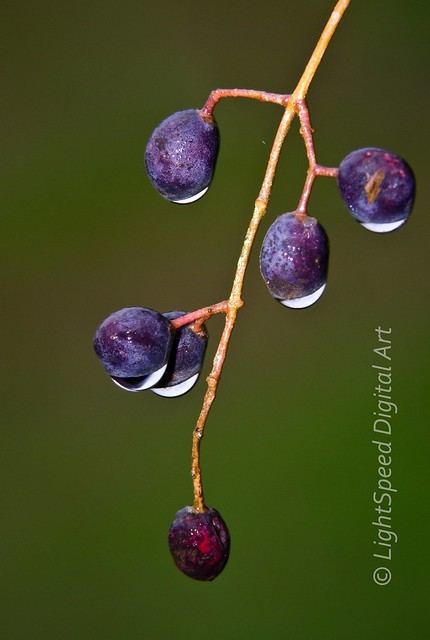Sorry, but all light is NOT natural light...this is a fun new semantics game that some people here like to play [usually the same two people, post after post after post]...I guess it gives them a thrill...but there is a decades-long history of differentiating between "natural light" and "artificial light" in both photography, and cinematography, as well as in the field of architecture.
ar·ti·fi·cial   [ahr-tuh-fish-uhl] Show IPA
adjective
1.
made by human skill; produced by humans ( opposed to
natural): artificial flowers.
2.
imitation; simulated; sham: artificial vanilla flavoring.
**********
ar·ti·fi·cial (ärt-fshl)
adj.
1.a. Made by humans; produced rather than natural.
b. Brought about or caused by sociopolitical or other human-generated forces or influences: set up artificial barriers against women and minorities; an artificial economic boom.
2. Made in imitation of something natural; simulated: artificial teeth.
3. Not genuine or natural: an artificial smile
**********
Definition of ARTIFICIAL
1:humanly contrived often on a natural model :
man-made <an artificial limb> <artificial diamonds>
2a : having existence in legal, economic, or political theory
b : caused or produced by a human and especially social or political agency <an artificial price advantage> <artificial barriers of discrimination>
**********
(är'tə-fĭsh'əl)
adj.
[*]Made by humans; produced rather than natural.
[*]Brought about or caused by sociopolitical or other human-generated forces or influences: set up artificial barriers against women and minorities; an artificial economic boom.
[*]Made in imitation of something natural: an artificial smile
***************
1
made or produced to copy something natural; not real
an artificial limb/flower/sweetener/fertilizer
artificial lighting/light
2
created by people; not happening naturally
A job interview is a very artificial situation.
the artificial barriers of race, class and gender
3
not what it appears to be
*********
From Lowel, the famous manufacturer of artificial lighting equipment's GLossary of Lighting Terms:
Glossary of Lighting Terms
"Artificial Light
An ambiguous term that refers to light produced by electricity as opposed to a Natural source and to illumination introduced to record images. Depending upon how it is used, it looks either artificial or natural."
"Natural Light
Nature's illumination: daylight, even on interiors. The term implies that the source is not artificial."
**************
Come on people, quit being natural douchebags (as opposed to artifdical ones! lol)...Do youi fail to realize that the term "artificial light" has a long, long history in the field of photography? How is it that you fail to understand the century-old concept that light that is created by the hand of man is NOT NATURAL LIGHT, nor is it natural lighting? Light created by the DIRECT efforts of humankind has been referred to as "artificial light" for well over 100 years. Let's stop this stupid B.S.. It only makes you look like asses.
So, to those who say electronic flash is "natural light", please explain it in view of the above definitions. Is natural light the brief burst of photons emanating from a flash that was made of plastic and metal and glass components, assembled in a factory, shipped to the destination, and then fitted with batteries made in India, and triggered by the triggering circuit in a 2,000-part $2,699 d-slr camera....that is not "natural light"...seriously...that is ARTIFICIAL LIGHT.




















